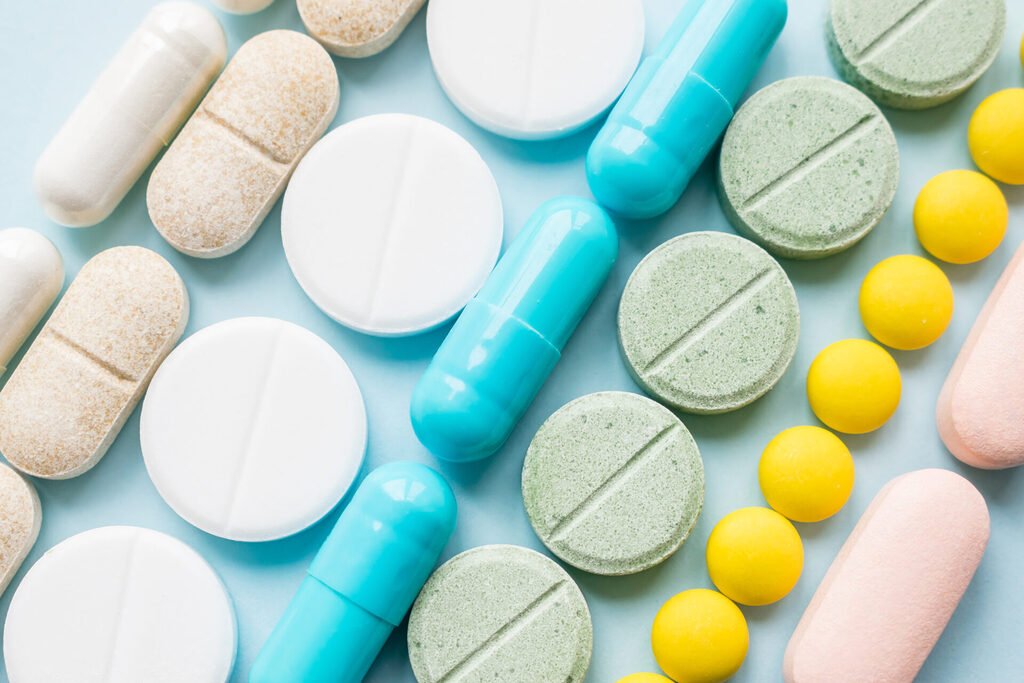Morphine, a potent opioid analgesic, is often associated with pain relief and medical use. However, questions occasionally arise about its classification as a stimulant. In this blog, we’ll delve into the characteristics of morphine, its effects on the body, and whether it can be considered a stimulant.
Understanding Morphine
Morphine is derived from the opium poppy plant and belongs to the opioid class of drugs. It’s known for its powerful pain-relieving properties and is commonly used in medical settings to manage severe pain, such as that experienced after surgery or during palliative care. Morphine works by binding to opioid receptors in the brain and spinal cord, thereby altering the perception of pain.
Differentiating Stimulants and Opioids
- Stimulants: Stimulants are a class of drugs that increase alertness, energy, and focus. Common examples include caffeine, amphetamines, and cocaine. Stimulants have the opposite effect of depressants, which slow down the central nervous system.
- Opioids: Opioids, on the other hand, are a class of drugs that act on opioid receptors to relieve pain and produce sedation. They are considered depressants, as they slow down the central nervous system, leading to feelings of relaxation and pain relief.
Morphine as a Depressant
Morphine’s primary mechanism of action involves binding to opioid receptors in the brain and spinal cord, which leads to a decrease in the transmission of pain signals and a sense of euphoria. The central nervous system depressant effects of morphine include:
- Pain Relief: Morphine is a powerful pain reliever that can provide relief from severe pain caused by various medical conditions.
- Sedation: One of the common side effects of morphine is sedation. It can induce feelings of relaxation and drowsiness.
- Respiratory Depression: One of the most critical effects of morphine is its potential to cause respiratory depression, where breathing becomes slow and shallow. This effect can be dangerous if not closely monitored.
- Euphoria: Morphine can induce a sense of euphoria and pleasure, which contributes to its potential for misuse and addiction.
Clearing the Confusion
Given that morphine’s effects are consistent with those of depressants, it’s clear that morphine is not a stimulant. In fact, its depressant properties align it with the opioid class of drugs, distinct from stimulants.
Opioid Crisis and Responsible Use
The opioid crisis, characterized by the misuse and addiction to opioid medications, has shed light on the dangers of opioid use. While morphine can be highly effective in managing severe pain, its potential for misuse, addiction, and overdose is a significant concern. Medical professionals and patients alike are urged to exercise caution and adhere to prescribed dosages to prevent the adverse effects associated with opioid misuse.
In the discussion of whether morphine is a stimulant, the answer is clear: it is not. Morphine is an opioid with depressant properties, acting on opioid receptors in the brain and spinal cord to provide pain relief, sedation, and relaxation. It’s crucial to distinguish between different classes of drugs to understand their effects on the body accurately. With the ongoing opioid crisis, responsible use, proper medical supervision, and awareness of the potential risks associated with opioid medications like morphine are of utmost importance.













